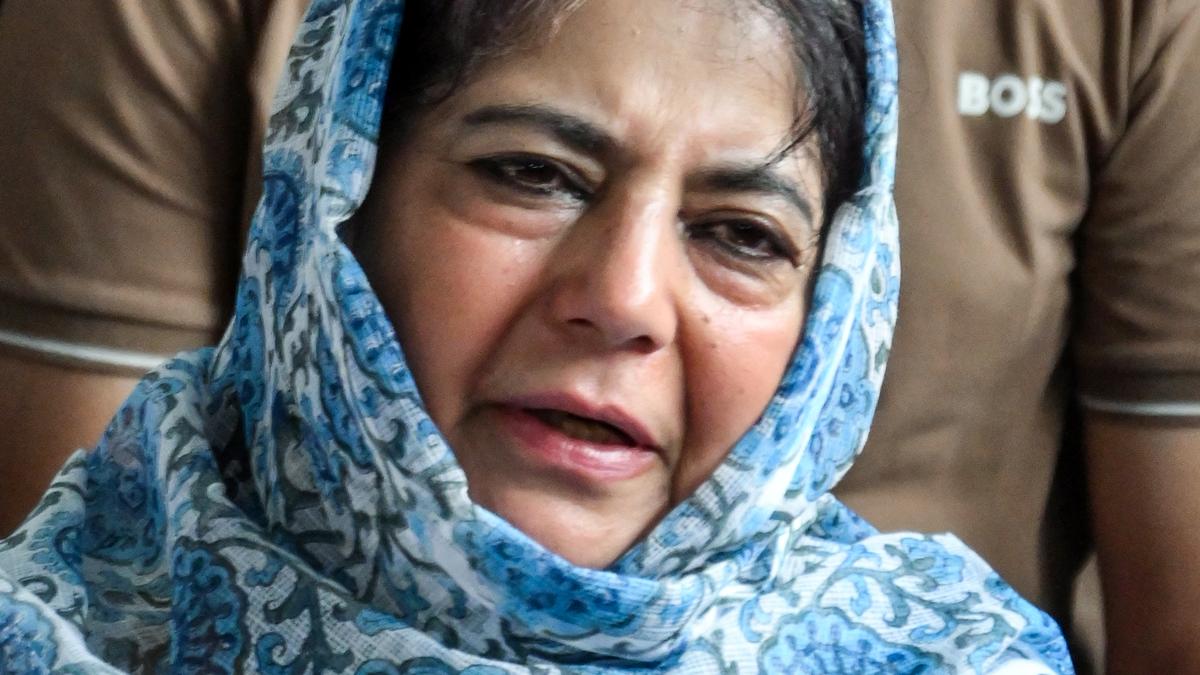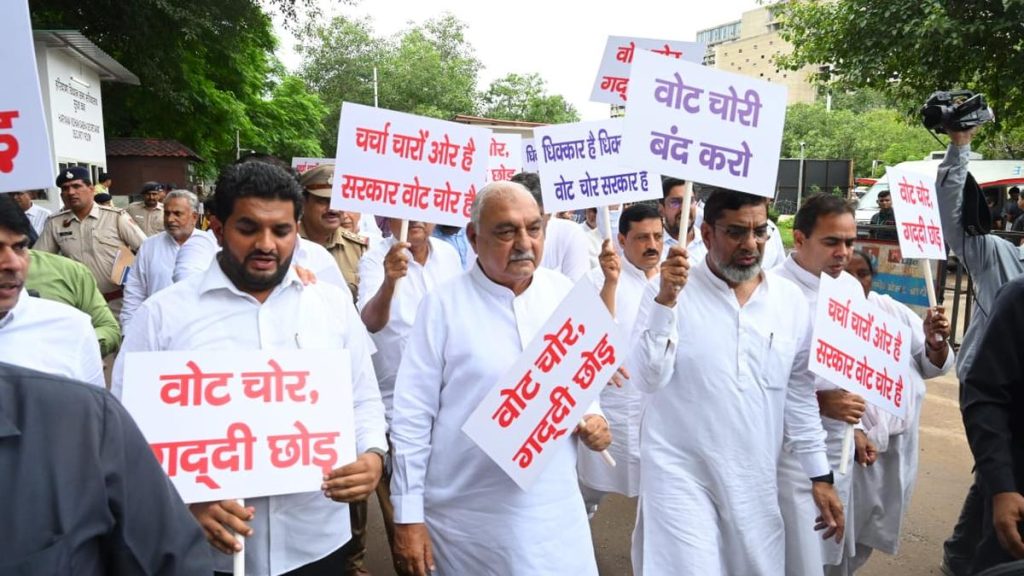Now Reading: Kashmir Parties Oppose Government Takeover of JeI-Linked Schools
-
01
Kashmir Parties Oppose Government Takeover of JeI-Linked Schools
Kashmir Parties Oppose Government Takeover of JeI-Linked Schools

Swift Summary
- On August 23, 2025, the Jammu and Kashmir (J&K) government took over the management of 215 schools affiliated with the banned Jamaat-e-Islami (JeI).
- Several political leaders in J&K openly opposed this move, criticizing it as an attack on culture and education.
- PDP president Mehbooba Mufti described it as a “betrayal” by the National Conference (NC) and linked it to attempts to erase J&K’s cultural identity.
- Justice and Growth Front J&K called it an “administrative overreach” and urged authorities to reverse the decision to ensure uninterrupted access to education for children.
- Other politicians like People’s Conference leader Sajad Lone accused NC of complicity in policies undermining institutions.
- Apni Party chief Altaf Bukhari called the move regrettable but suggested forming regulatory bodies instead of a takeover, emphasizing FAT schools’ positive contributions over decades.
- PDP leader Waheed Para criticized recent moves such as book bans and school acquisitions post-abrogation of Article 370 as suppressive actions that stifle progress among JeI-affiliated individuals.
- J&K Education Minister Sakina Itoo clarified that schools would only be under temporary government management until new committees are formed but implied confusion regarding its implementation.
Indian Opinion Analysis
The controversy surrounding the government-managed takeover of JeI-affiliated schools reflects deeper challenges in balancing security concerns with preserving educational independence in Jammu and Kashmir post-abrogation of Article 370. Critics perceive this action as diminishing local cultural identity amid political shifts, especially given JeI’s historical ties within Kashmiri society despite its ban since 2019.
the reactions from various political parties underline complex ideological divides between those favoring a centralized approach versus those advocating for community-led solutions in managing educational institutions-manny highlighting FAT schools’ longstanding role in improving access to quality education.
From a governance perspective, establishing transparency through regulatory oversight may have presented less contentious alternatives than outright takeovers that spur concerns about administrative overreach or disenfranchisement of local entities involved with these institutions.
Read more: Link























